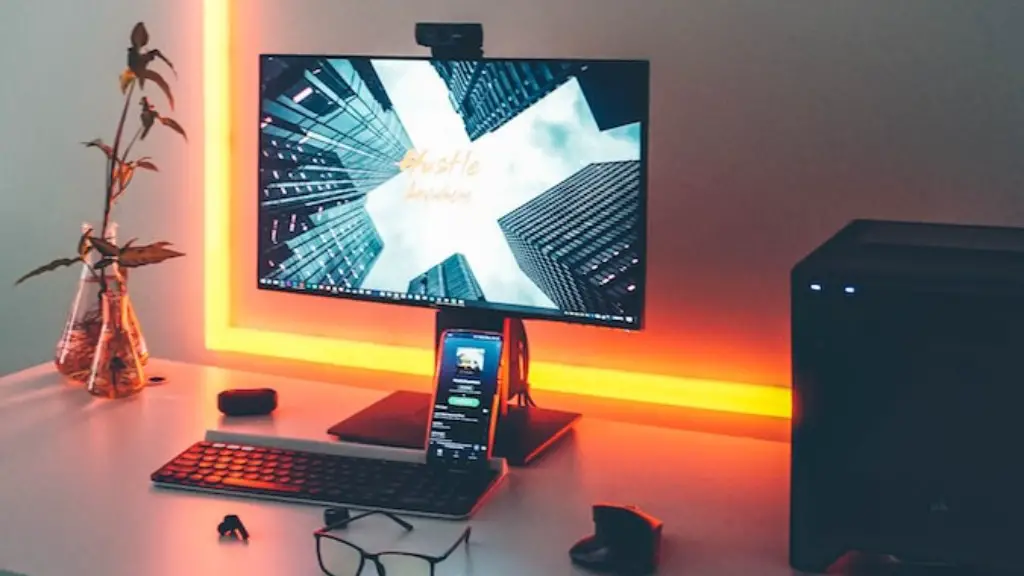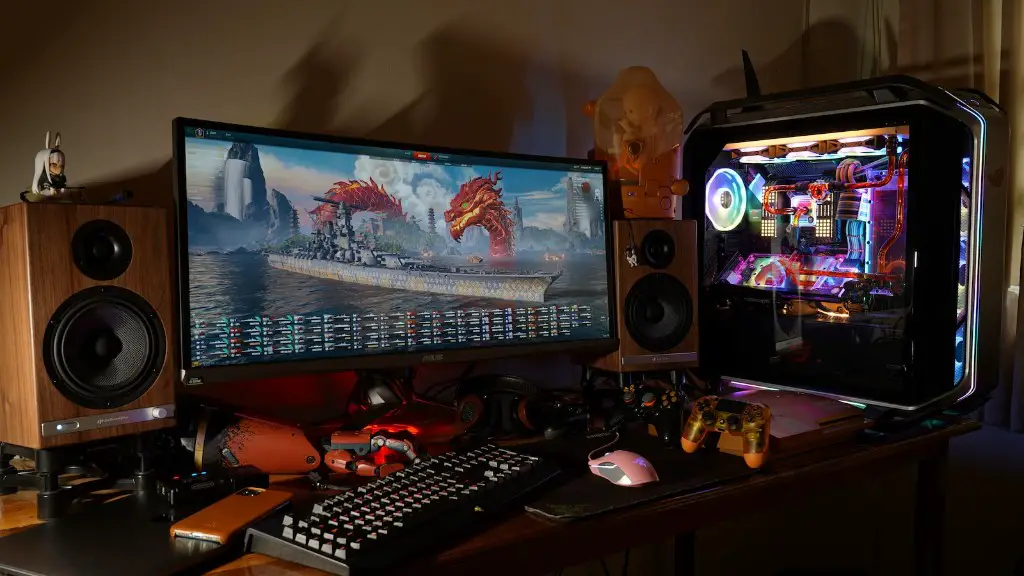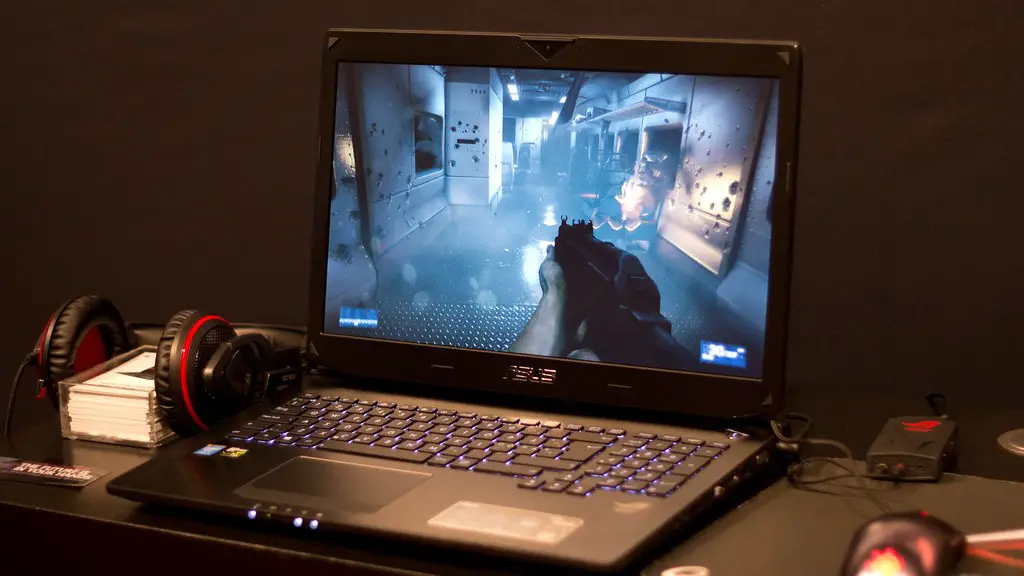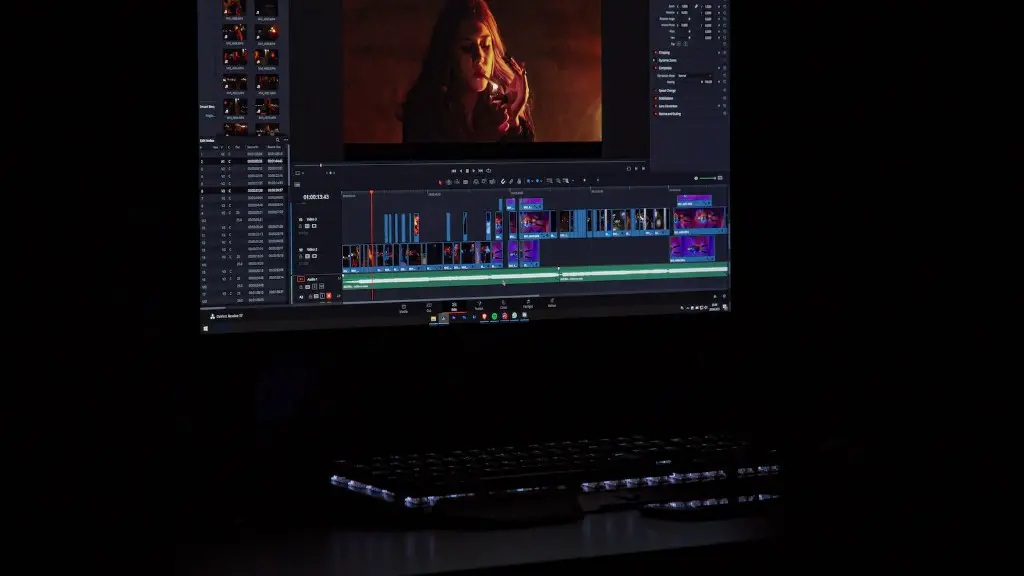Building a gaming PC from scratch is an exciting prospect for seasoned gamers. Every part of your setup needs to work perfectly in order to maximize your gaming experience, and getting any component wrong can result in an unsatisfactory experience. What hardware components do you need to get the most out of your gaming PC? Here’s what you’ll need.
First and foremost, you’ll need a powerful processor to handle the demands of running games at maximum settings. Modern CPUs are typically divided into three categories – low-performance, mid-range, and high-end. A mid-range processor is typically enough for gaming, and you should consider the Intel Core i5 or AMD Ryzen 5 ranges. You should also pay attention to the processor’s clock speed and core count when comparing models.
Apart from the processor, you’ll also need a good graphics card to power the graphics of your games. GPUs come in two categories – integrated and dedicated. Integrated GPUs are built into the processor and are best suited for casual gamers, while dedicated GPUs are more powerful, and are necessary for running high-end games. The Nvidia GeForce RTX 3060 and AMD Radeon RX 5700 XT cards are great mid-range options.
You’ll also need a display to show your games in all their glory, and your budget should determine your screen size. A 1080p monitor will suffice for most, but if you’re looking for a more immersive experience, you should consider a more expensive 4K display. If you have the budget, you may also want to invest in a curved gaming monitor for an even more immersive experience.
Moving on to memory and storage, you’ll need a minimum of 8GB of RAM to handle modern games, but 16GB or more will provide an even better performance. As for storage, an SSD is a must for optimal performance, with 250GB or more being a good starting point. You should also grab an additional hard drive for storing games and other media.
Finally, you’ll need to get a good-quality power supply, as well as a decent case and cooling solution. Your power supply should be able to provide ample wattage for your components, and a good quality case will provide proper airflow and cooling. For cooling, you should consider investing in a liquid cooling system for best performance.
Peripherals
Once you have your PC components sorted out, you’ll need to equip it with the necessary peripherals in order to get the best performance out of your setup. An ergonomic keyboard and mouse are a must for most games, and you may also want to consider picking up a quality gaming headset for an immersive audio experience. Controllers are also available for those who prefer them.
If you do not have a powerful enough monitor, you can also invest in a gaming-grade projector or monitor stand to get the most out of your gaming setup. Plus, don’t forget to get a good-quality gaming chair, preferably one with lumbar support, to ensure your gaming sessions are comfortable and ergonomic.
Finally, you should invest in a good-quality surge protector to keep your components protected from power surges, as well as a surge protector with LCD display, which can provide an easy-to-read summary of the power conditions in your home.
Accessories
Accessories can enhance your gaming experience and help you stay up to date with the latest technology. A gaming mouse pad is a great way to improve your in-game precision, while a capture card can allow you to record and stream your gaming sessions to other platforms. You should also consider upgrading your case with RGB lighting systems or custom fan setups to give your PC a unique look.
Some other pieces of hardware that you might find useful are an external hard drive for backing up your games and data, a good-quality router for better internet access, and even a second monitor for increased productivity or a more immersive gaming experience.
Finally, if you’re looking to stay up to date with the latest gaming news and trends, you should consider investing in a gaming magazine subscription, or picking up a few gaming books to stay informed.
Software
In addition to the hardware components necessary for building a gaming PC, you’ll also need to install the appropriate software to get the most out of your setup. An operating system such as Windows 10 should be the first thing you install, followed by any necessary driver updates. After that, you can get any game-related software such as Steam or GOG to manage your games, or launchpad software such as GeForce Experience.
Other helpful tools include video editing software such as Adobe Premiere Pro or DaVinci Resolve to capture footage from your gaming sessions, as well as communication tools such as Discord or TeamSpeak. You should also install system monitoring software such as Open Hardware Monitor in order to keep track of your system performance, and antivirus software such as Avast or Malwarebytes to keep your system secure.
In addition to these tools, there are also some helpful utilities that can significantly improve your gaming experience. Game Booster programs can optimize your system for gaming, giving you a performance boost; in-game overlays such as NVIDIA Ansel or AMD Radeon ReLive can provide additional features such as game recording and capturing screenshots; and performance-enhancing software such as RAMDisk can help you get the most out of your RAM.
Repairs and Maintenance
Like any other machine, your gaming PC will require regular maintenance and repairs in order to keep it running optimally. A good quality surge protector can prevent your components from getting damaged by power fluctuations, while temperature monitoring software such as HWMonitor or SpeedFan can alert you to potential overheating issues. You should also consider cleaning your components regularly to prevent dust accumulation.
If something does go wrong, however, you should consider getting the services of a professional repair technician to take a look at the problem. In some cases, you may need to replace your hardware components or upgrade them in order to get a better performance. In cases like these, always remember to research your components thoroughly before making a purchase, to ensure they are compatible with your gaming setup.
In addition, you should periodically check for driver and software updates, as these can provide performance improvements or bug fixes. Finally, you should back up your data regularly so that you can quickly restore your system in case of an emergency.
Conclusion
Building a gaming PC is an exciting prospect for experienced gamers. Although the process can be daunting, understanding what components are necessary and arming yourself with the right knowledge can make the process easier. From getting the correct processor and graphics card to selecting the appropriate peripherals and software, understanding your hardware requirements and picking the right components can drastically improve your gaming experience. Lastly, you should also remember to take proper care of your PC with regular maintenance and backups in case of an emergency.



